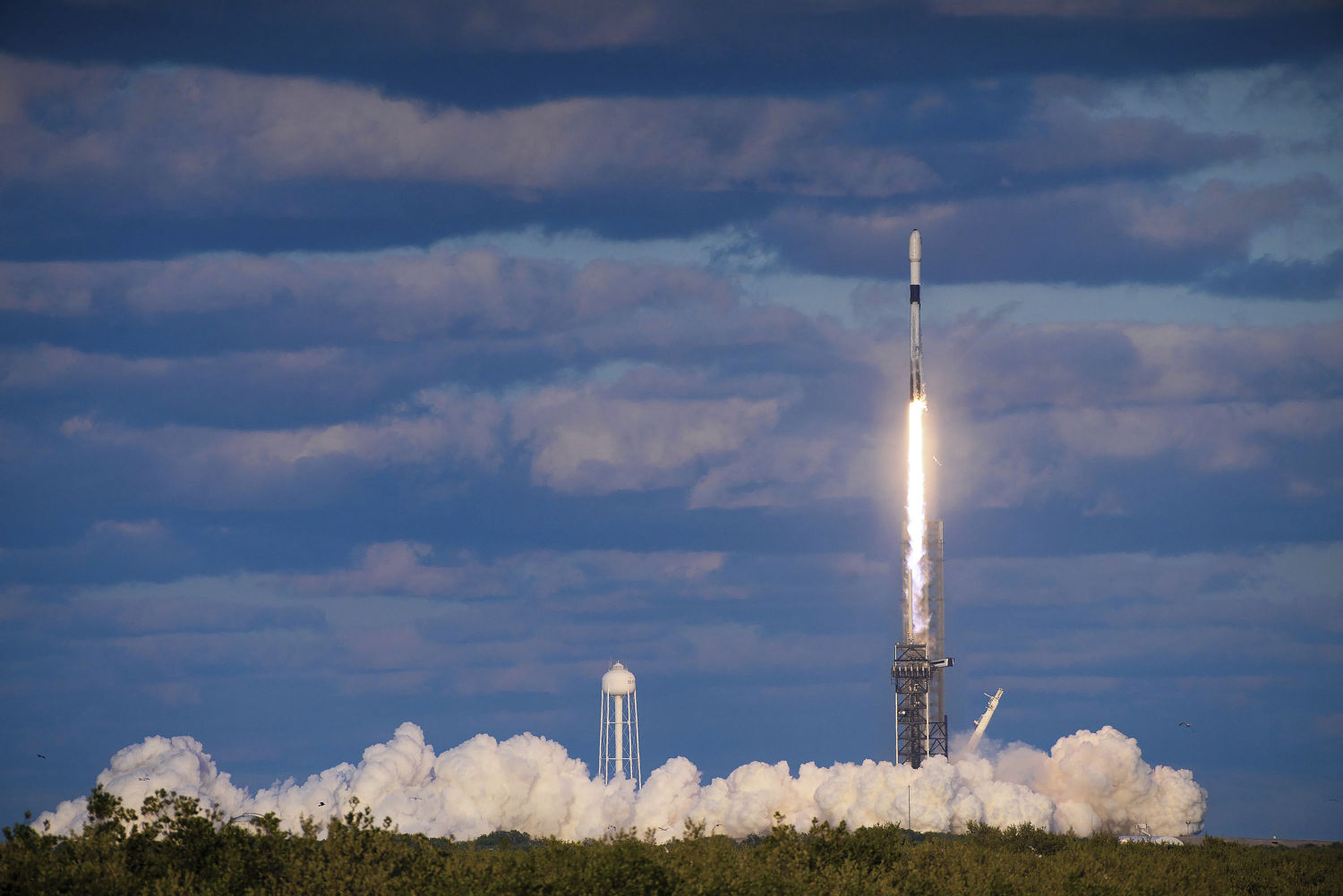SpaceX launches South Korea’s second spy satellite in Florida

SEOUL, South Korea — South Korea’s defense ministry said Monday that the country’s second homegrown spy satellite had entered orbit after its launch on a SpaceX Falcon 9 rocket from the John F. Kennedy Space Center in Florida.
The launch, which comes after Seoul’s first spy satellite was put into orbit from California’s Vandenberg Space Force Base in December, was livestreamed on social media platforms X and YouTube.
The Falcon 9 rocket was launched at 7:17 p.m. ET on Sunday and the satellite successfully separated from the launch vehicle 45 minutes later and entered its targeted orbit, the ministry said in a statement.
It made successful communications with a ground station about two hours and 40 minutes after the launch, the ministry added.
The back-to-back launches of reconnaissance satellites come amid a race against North Korea for military capabilities in space.
After two earlier attempts ended in rocket crashes, Pyongyang said in November last year that it used its own Chollima-1 launch vehicle to place the Malligyong-1 reconnaissance satellite in orbit.
North Korea has previously vowed to launch three new spy satellites in 2024.
South Korean Defense Minister Shin Won-sik told reporters that North Korea could launch a second spy satellite as early as mid-April, the Yonhap news agency reported.
Shin’s comment was based on the military’s observation of North Korea’s related activities, South Korean defense ministry spokesman Jeon Ha-gyu told a briefing.
Seoul’s second spy satellite is equipped with a synthetic aperture radar capable of producing images regardless of weather conditions due to how it processes data.




